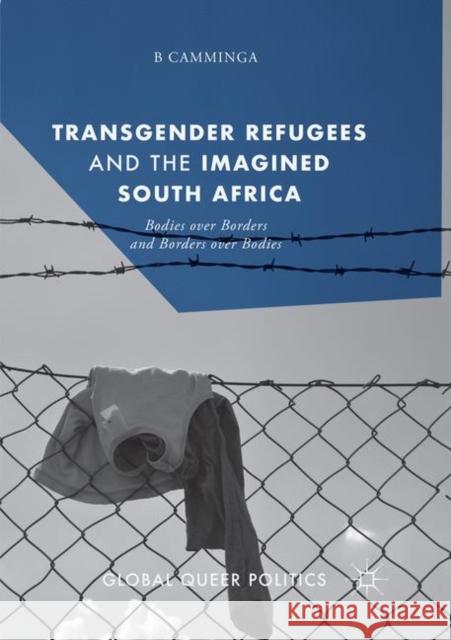Transgender Refugees and the Imagined South Africa: Bodies Over Borders and Borders Over Bodies » książka
topmenu
Transgender Refugees and the Imagined South Africa: Bodies Over Borders and Borders Over Bodies
ISBN-13: 9783030064860 / Angielski / Miękka / 2018 / 301 str.
Transgender Refugees and the Imagined South Africa: Bodies Over Borders and Borders Over Bodies
ISBN-13: 9783030064860 / Angielski / Miękka / 2018 / 301 str.
cena 402,53
(netto: 383,36 VAT: 5%)
Najniższa cena z 30 dni: 385,52
(netto: 383,36 VAT: 5%)
Najniższa cena z 30 dni: 385,52
Termin realizacji zamówienia:
ok. 22 dni roboczych
Bez gwarancji dostawy przed świętami
ok. 22 dni roboczych
Bez gwarancji dostawy przed świętami
Darmowa dostawa!
Kategorie BISAC:
Wydawca:
Palgrave MacMillan
Seria wydawnicza:
Język:
Angielski
ISBN-13:
9783030064860
Rok wydania:
2018
Dostępne języki:
Numer serii:
000815597
Ilość stron:
301
Oprawa:
Miękka











